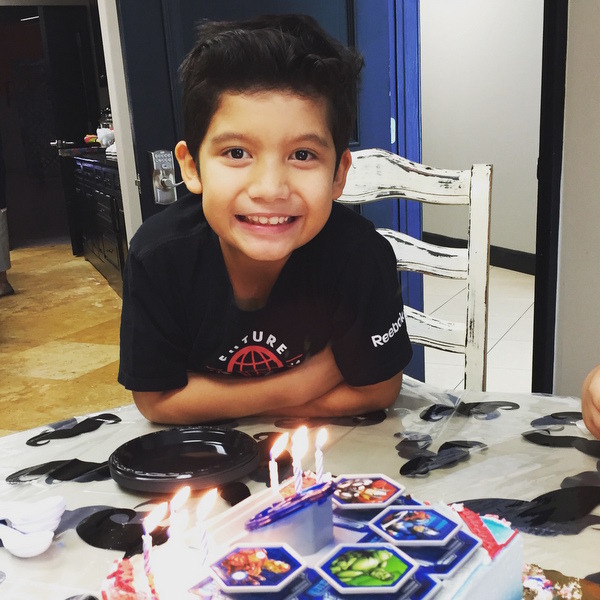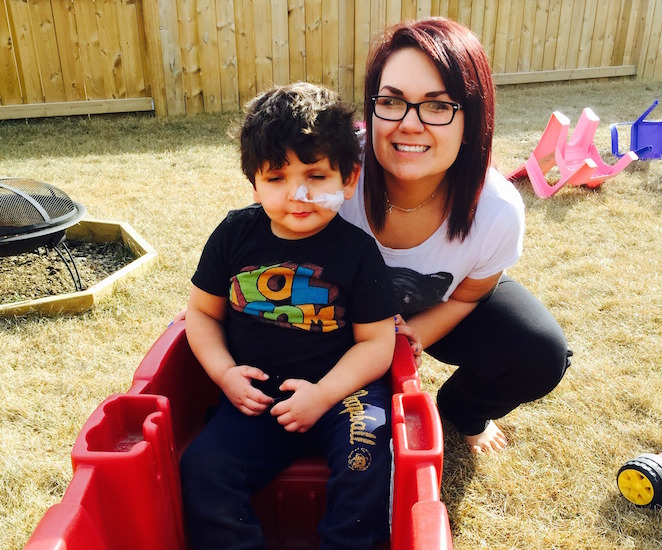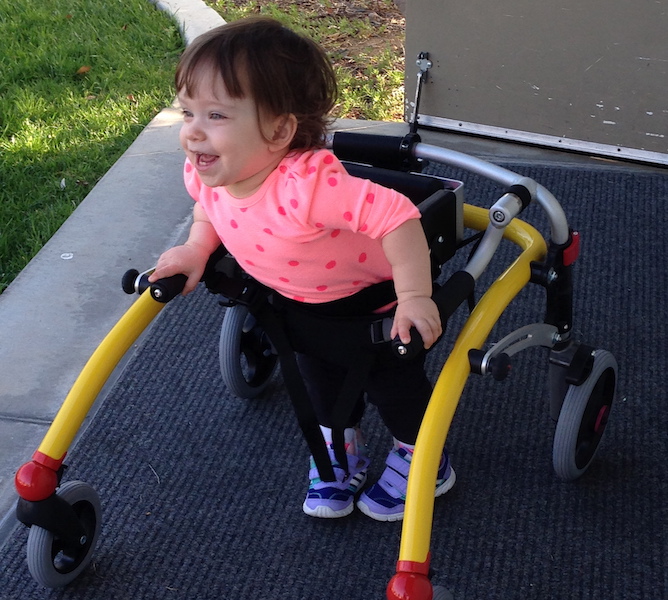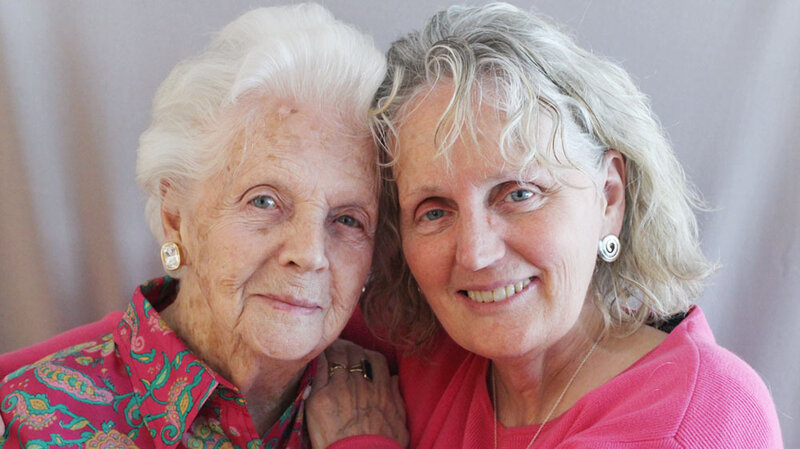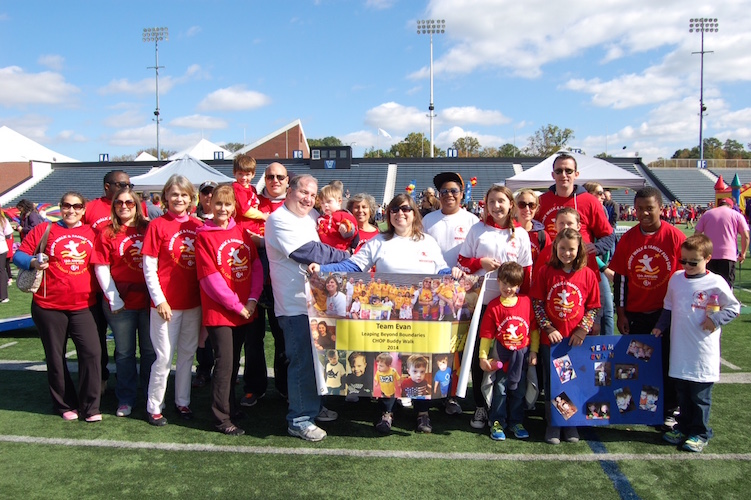By Leisl Stoufer
Our son, Cody, began presenting signs that something was “wrong” at a very young age. The first “red flag” went up when he was just eighteen months old. By the time he was two we were becoming more and more concerned, but as new parents we assumed that our “Terrible Twos” were just exceptionally terrible.
But the “Terrible Twos” turned into the “Horrible Threes” and the pre-school years were even worse!
Exhausted, we decided to enroll Cody in a pre-school program. As an only child, we thought that interaction with other kids would be a good idea. We found a reputable program and signed Cody up. We were thrilled.
But almost immediately, I began receiving phone calls.
“Cody is in trouble”
“Cody didn’t follow directions.”
“Cody was aggressive.”
“Cody wasn’t able to be still during story time.”
“Cody was written up again today”
“Parents are complaining about Cody”
And finally….
“Cody can no longer attend our program.”
And so we tried another school.
And another.
And another after that.
We got kicked out of every one.
All I heard was how difficult Cody was and how I had no control over my child.
But they couldn’t control him either.
I began to internalize the criticism and before long I was convinced I was a terrible mom. All the other kids behaved. Why couldn’t I get it right?
My self esteem was shot.
I can only imagine how Cody must have felt.
I knew that Cody was a challenge. I lived with him. (Believe me, I knew!) But I needed respite and I needed help! If I couldn’t handle him and the professionals couldn’t handle him, what were we supposed to do?
Desperate for help and answers, we tried one more pre-school, at the local Baptist Church, and we were blessed with an incredible teacher named Ms. Pam.
Ms. Pam worked with Cody and she was willing to “think outside the box”. Instead of making Cody sit still during story time, she allowed Cody to play with legos or blocks. When she asked him to tell her about the story, he was able to recite the storybook word for word. Her system worked! Ms. Pam loved Cody and she recognized Cody as a precious child of God. Cody graduated from Ms. Pam’s class and he even participated in the end of the year program. We will never forget Ms. Pam.
The following year we enrolled Cody in a Pre-K special education program. When I went to pick Cody up the first day, I dreaded hearing what the teacher would say. Bracing myself for criticism, tears filled my eyes when the teacher told me that Cody was a helper and he had an excellent vocabulary. She only offered praise.
Through my tears, I looked at her curiously, waiting . . . and wondering . . .
But before I could ask my question, she answered it. She said, “You already know all of the bad things. I want you to know the good things.”
I still get choked up thinking about those words.
Twelve years and multiple hospitalizations later, Cody is now sixteen-years-old. He has a diagnosis of Bi-Polar Disorder and ADHD, he is oppositional and defiant and he has sensory processing issues. Cody is a sick kiddo, but he is also very smart, very mechanical, incredibly loving and kind, he is artistic, and he has a great sense of humor. We adore Cody.
And Cody suffers from mental illness.
Cody is currently getting his education at a residential treatment center in Utah. This is his second time to be placed in a residential setting. Sending our son to live somewhere else has been devastating, yet we have fought for these services. Cody is sick and Cody requires a higher level of care. The best news is that Cody is thriving in his new placement. We are thrilled!
Over the years, as we have navigated our nation’s failed mental health care system, and worked with our educators to help our son, I have learned some important lessons . Thankfully, I no longer hang my head in guilt and shame . . . In fact, I am proud to say I have learned to effectively advocate for my child. With the help of our school district, we have finally found some success.
Parents and Teachers, this is for you. As we enter into a new school year, I want to encourage you. You all play a significant role in the lives of children affected by brain disorders. Your partnership is critical to the success of the child...
http://www.leislstoufer.com/?p=1025


